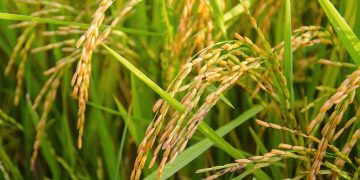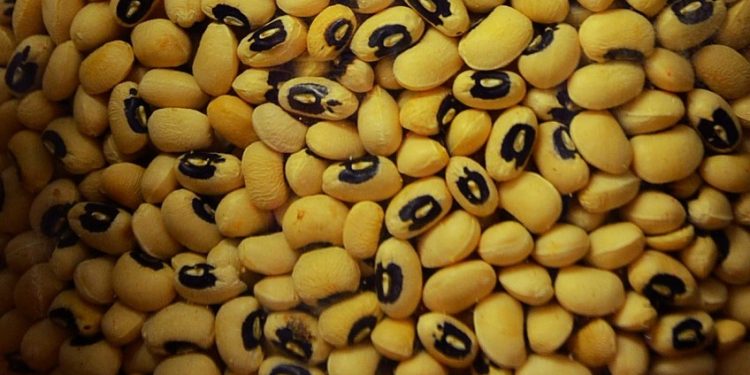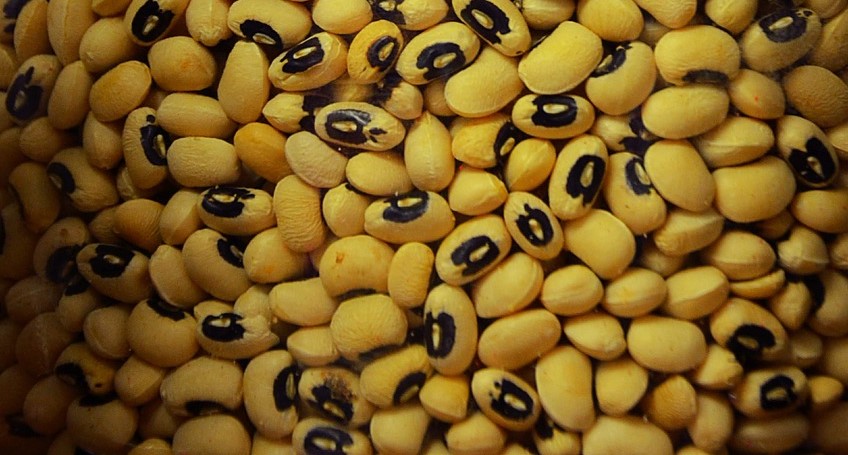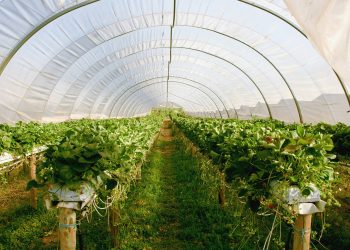Public comments submitted to Ghana’s National Biosafety Authority (NBA) show overwhelming support for approving pod borer-resistant cowpea, the country’s first genetically modified crop.
Of the 889 letters received following a public comment solicitation period that closed in early May, only one expressed objection, with the other 888 urging approval, said Eric Okoree, chief executive officer of the NBA. Almost 50 percent of the public comments supporting the GM cowpea approval came from university students studying agriculture, biotechnology and related sciences, with the rest coming from rural farmers.
“We will invite the group that’s objecting to hear further details on why they don’t want it approved,” Okoree noted. “The public comments will be considered when we take the necessary decisions.”
The NBA Board has referred the application to its technical advisory committee for review. The application’s risk assessment began in mid-May, with a decision expected in August.
Cowpea, popularly called beans, is a popular, protein-rich staple crop consumed by millions in Ghana and the rest of Africa. But the crop is extremely vulnerable to the Maruca pod borer insect pest. To control the pest, farmers typically spray their fields with insecticides between eight and 12 times in the 12-week life cycle of the crop.
Scientists at the state-run Savannah Agricultural Research Institute (SARI) developed the GM variety using a gene from a naturally occurring soil bacterium known as Bt that provides inherent resistance to the pest. Confined field trials have shown farmers growing GM cowpea can reduce their spray regimen to just twice per season while gaining a five-fold increase in yield.
Mohammed Hafiz Alhassan, one of the farmers who submitted a letter urging approval, said the overwhelming support for GM cowpea was expected.
“If you look at the data from the NBA, most of the respondents are from cowpea growing communities,” he said. “And the majority are probably cowpea producers like I am. And that is why the response has been overwhelming in support. A lot of those who go against this technology are not in touch with cowpea farmers on the ground.
“Anybody who is doing cowpea will understand the suffering farmers go through in terms of the cost and exposure to harmful chemicals,” he continued. “So obviously, any cowpea farmer will want interventions that will reduce these sufferings, like GM cowpea.”
Alhassan said the benefits approving the insect-resistant variety will be enormous.
“If GM cowpea can help us reduce the spraying to four or even three, it will help us greatly,” he said, noting that farmers will be able to slash the money they spend on insecticides and the labor costs associated with application. “Secondly, the exposure of farmers to these harmful chemicals will be reduced greatly. And the environment would have been spared these chemicals we are using.”
The lower production costs “will help boost our morale. And we are going to get more yield for putting in less. That means more profit. And consumers would also get cowpea at a moderate rate,” Alhassan told the Alliance for Science in an interview.
Paulina Atinga Ayimbila, a biotechnology and molecular biology student at the University for Development Studies, also wrote in support of the GM cowpea.
“The overwhelming support is not surprising because anybody who understands the importance of GMO, and specifically the Bt [GM] cowpea, will vote for its approval in Ghana,” Ayimbila said. “Cowpea farming is being near impossible in Ghana. GM will increase yield, confer resistance to pests and reduce the cost of production, which is going to help the country as a whole and help farmers. It will also help consumers because there will be low pesticide spraying and reduced pesticide poisoning of consumers. So yes, GM cowpea is going to help we consumers, and farmers.”
In 2020, Nigeria approved the world’s first GMO cowpea, which farmers are now growing. Demand for the seed developed by the Institute for Agricultural Research at Ahmadu Bello University has outstripped supply as farmers see the crop’s ability to resist pests. Nigerian farmers have also reported a huge drop in their use of pesticides as a result of growing of GMO cowpea.
By Joseph Opoku Gakpo
O artigo foi publicado originalmente em Cornell Alliance for Science.






















































